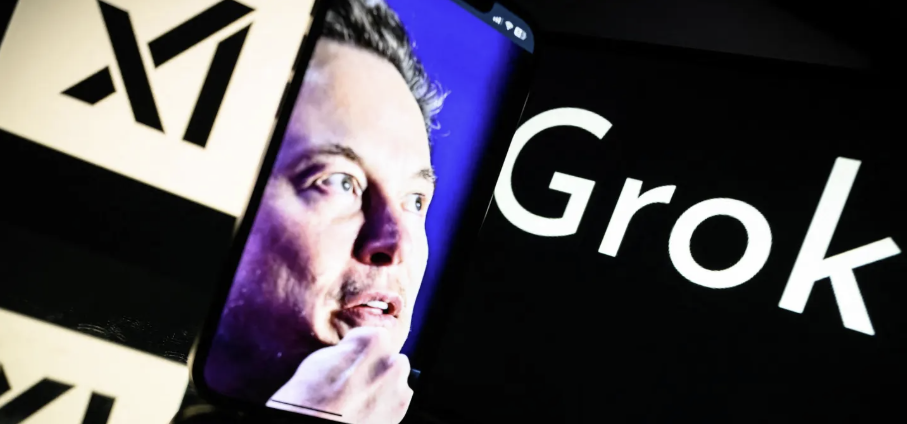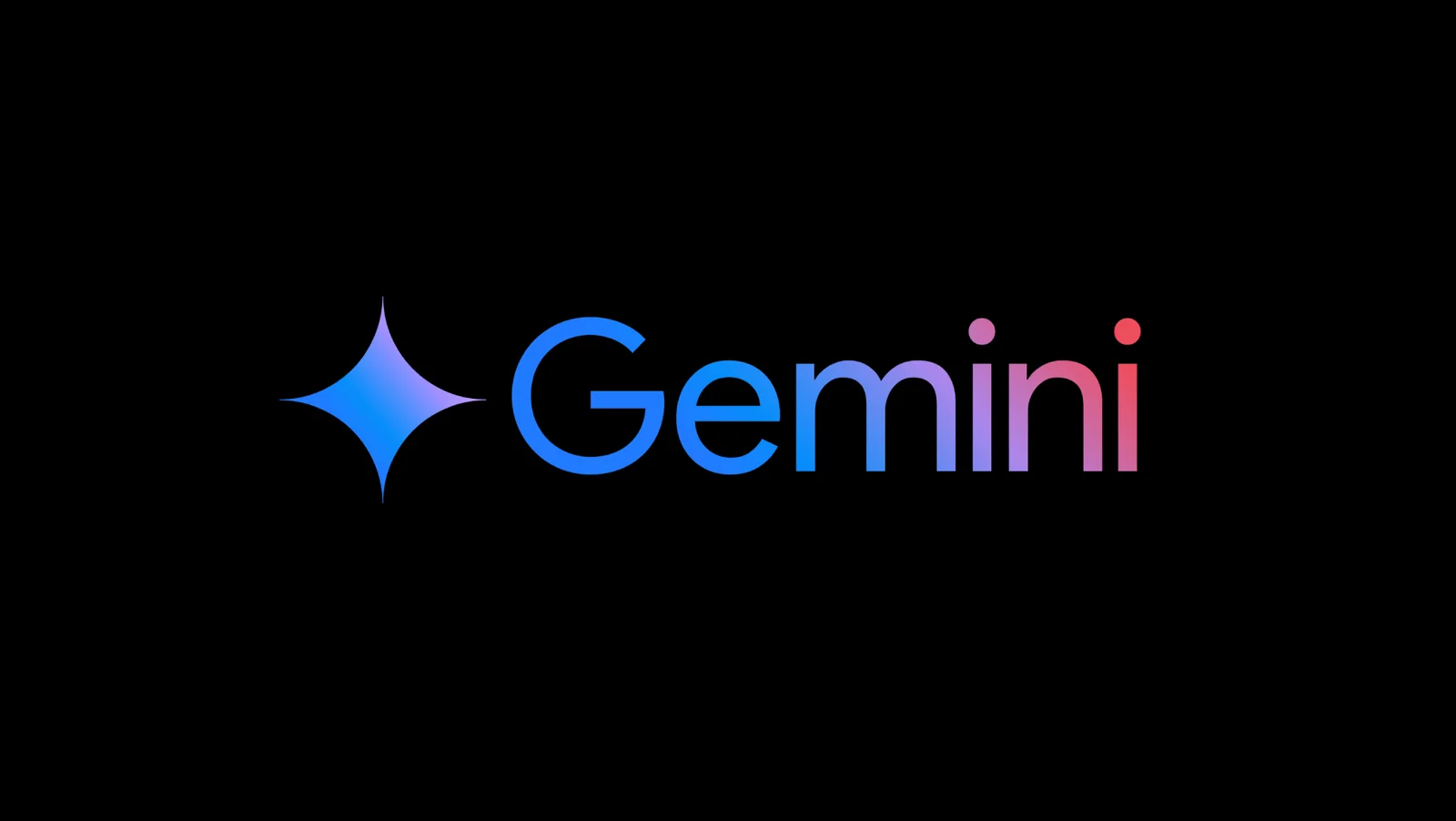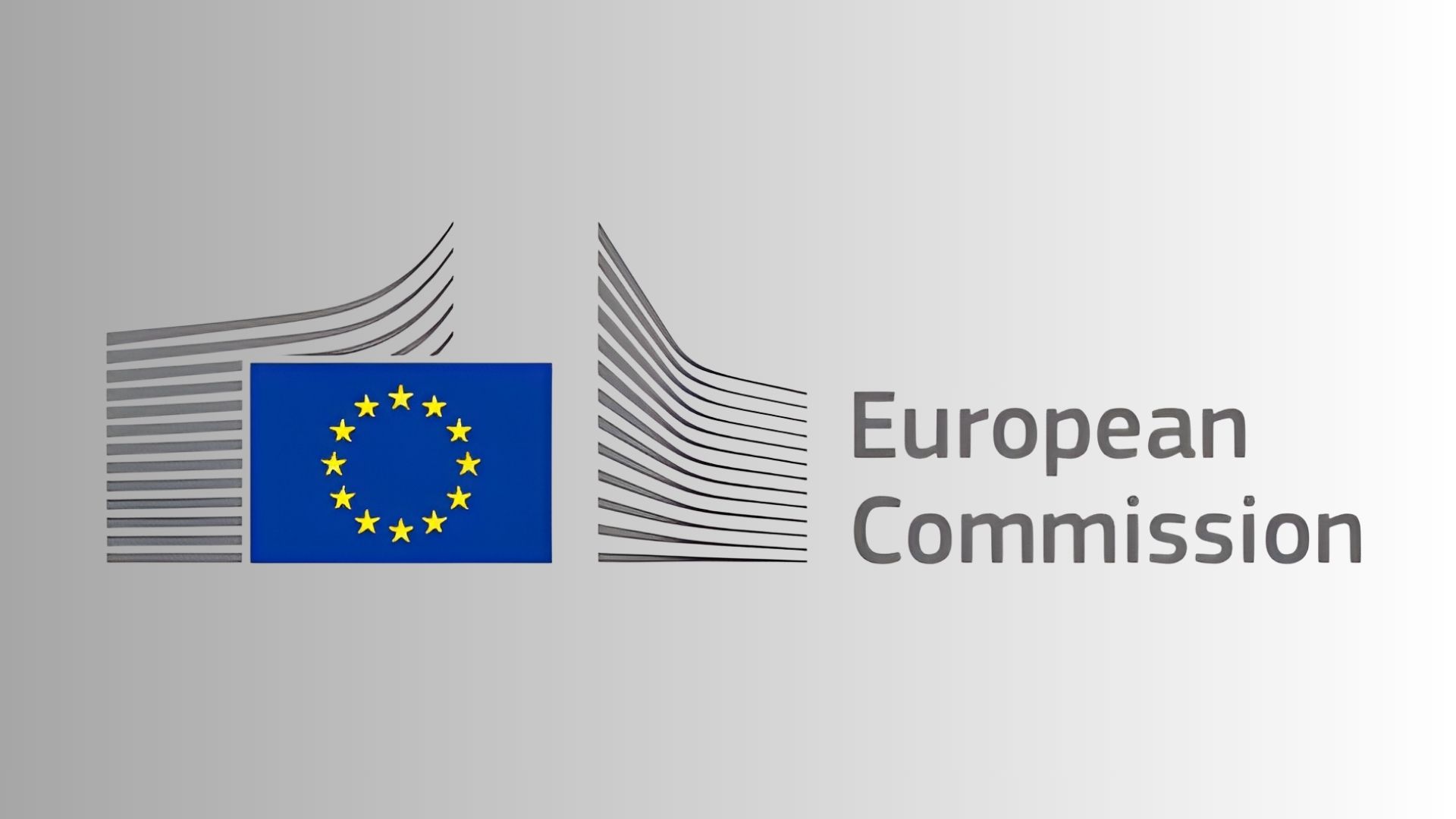Asia’s creative future takes centre stage at Singapore’s All That Matters, a September forum for sports, tech, marketing, gaming, and music. AI dominated the music track, spanning creation, distribution, and copyright. Session notes signal rapid structural change across the industry.
The web is shifting again as AI reshapes search and discovery. AI-first browsers and assistants challenge incumbents, while Google’s Gemini and Microsoft’s Copilot race on integration. Early builds feel rough, yet momentum points to a new media discovery order.
Consumption defined the last 25 years, moving from CDs to MP3s, piracy, streaming, and even vinyl’s comeback. Creation looks set to define the next decade as generative tools become ubiquitous. Betting against that shift may be comfortable, yet market forces indicate it is inevitable.
Music generators like Suno are advancing fast amid lawsuits and talks with rights holders. Expected label licensing will widen training data and scale models. Outputs should grow more realistic and, crucially, more emotionally engaging.
Simpler interfaces will accelerate adoption. The prevailing design thesis is ‘less UI’: creators state intent and the system orchestrates cloud tools. Some services already turn a hummed idea into an arranged track, foreshadowing release-ready music from plain descriptions.
Would you like to learn more about AI, tech and digital diplomacy? If so, ask our Diplo chatbot!










